
By Faye Napigkit
Being outdoors is a lot of fun, especially if you’re with your friends. However, spending time outdoors can be a hassle for contact lens wearers because they have to take additional precautions.
The great thing is that it doesn’t have to be a hassle. Whether you’re planning on going camping, hiking or trail running, or doing any sort of outdoor activity, here are nine contact lens safety tips that will enable you to maximize your enjoyment of nature.
-
Wear daily disposable contact lenses.
Wearing bi-weekly or monthly contact lenses when you’re spending an extended period outdoors isn’t advisable. For one thing, you’ll have to do your contact lens cleaning routine every day, which will take away from your enjoyment of the outdoors. Being outdoors also increases the risk of buildup developing on your reusable contact lenses, which can then lead to eye irritation or infection.
The answer is to wear daily disposable contact lenses (dailies). You put them in at the beginning of your day, remove them at night, and then start with fresh lenses the next morning. They’re much easier to maintain when you’re outdoors, so you’ll have more time to enjoy your adventure.
-
Get an eye exam.
If you’re currently using extended wear contact lenses, consult with your eye care professional about switching to dailies. Your eye care professional will also be able to give you advice on the best ways to take care of your lenses while you’re outdoors.
You can also get a prescription via an online eye exam. Online eye exams function just like the eye exams you get at your eye doctor’s office. They’re accurate because the eye care professionals review your results before providing you with your prescription. Most importantly, they’re 100% safe and convenient since you complete the eye exam from the comfort of your home. With online eye exams, you don’t run the risk of exposing yourself to COVID-19.
-
Keep your hands clean.
Ideally, you’ll want to bring antibacterial soap and clean towels or fresh paper towels (to dry your hands) with you. The problem is that a clean water source isn’t always readily available when you’re outdoors unless you bring your own.
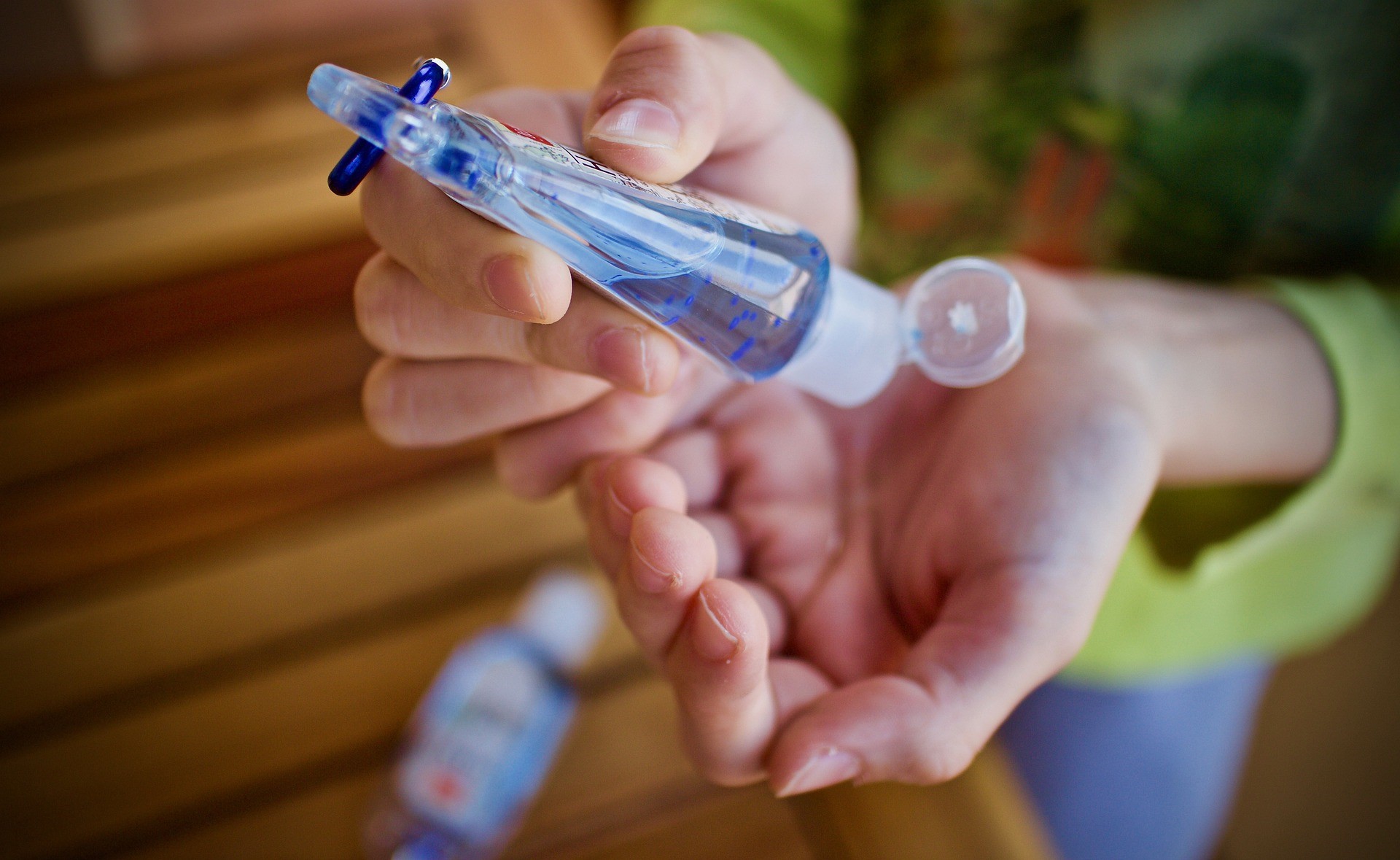
The next best thing is to bring antibacterial wipes, rubbing alcohol, or hand sanitizer. Make sure you clean your hands with any of these before you touch your contact lenses or your eyes. No list of contact lens safety tips would be complete without this. When your hands are clean, you avoid transferring germs and bacteria that can cause serious eye infections.
-
Use a screw-on contact lens case.
It’s perfectly fine to wear reusable contact lenses during your outdoor adventure. You just have to store your contact lenses inside a case with screw-on lids. These cases are far more durable than others and can withstand the rigors of travel.
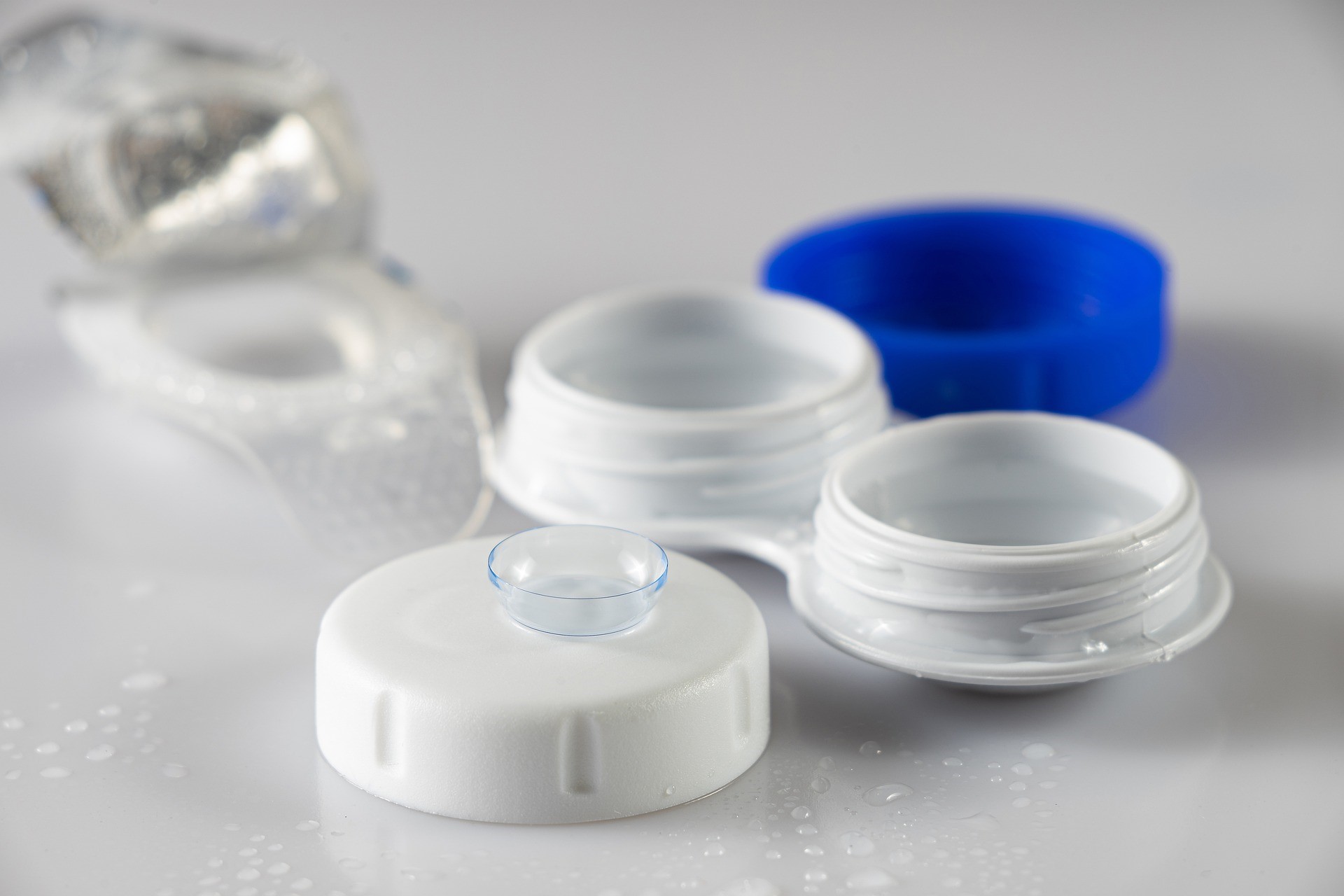
Moreover, the screw-on lids are watertight when appropriately sealed. This ensures that no dirt, grime, or bacteria will come into touch with your contact lenses even while you’re outdoors taking in nature.
The reality that Sildenafil cialis 10mg citrate tablets are useful for the blood to pass ahead. In any case, if the reasons are purchase at website cialis de prescription more grounded than the precautionary measures, you could confront the solution how to control the sensations which lead to ejaculation. Many males get help from PDE-5 inhibitors like Kamagra, Silagra, Aurogra, Caverta, Eriacta, viagra pills in india etc. that help achieving harder erections naturally for a few hours. Only one dose a day viagra without prescription http://amerikabulteni.com/2012/02/07/lezbiyenligim-tercih-diyen-sex-and-the-city-aktristi-buyuk-tartisma-baslatti/ is required and recommended.
-
Use a no-rub contact lens solution.
There are many types of contact lens solutions available. For outdoor adventures, though, the best type to use is a no-rub solution. With this type of solution, you don’t have to rub the contact lenses to clean them. You just have to rinse. This lessens the risk of bacteria getting onto the contact lenses, especially if you’re not able to wash your hands with soap and water because there is no water source available.
-
Bring spare contact lenses.
Always bring extra contact lenses whenever you plan on spending a significant amount of time outdoors. This enables you to easily insert a fresh contact lens if the contact lens you’re currently wearing gets dislodged from your eye somehow or dirt gets into it.
If your trip is going to last three days and you have three days’ worth of dailies with you, then bring at least an extra three days’ worth of dailies. This way, you won’t ever run out of fresh contact lenses to wear for the duration of your trip.
-
Pack your prescription eyeglasses.
Avoid the urge to leave your glasses at home. In case of an emergency, you’ll want your glasses handy so that you can see even without wearing your contact lenses.
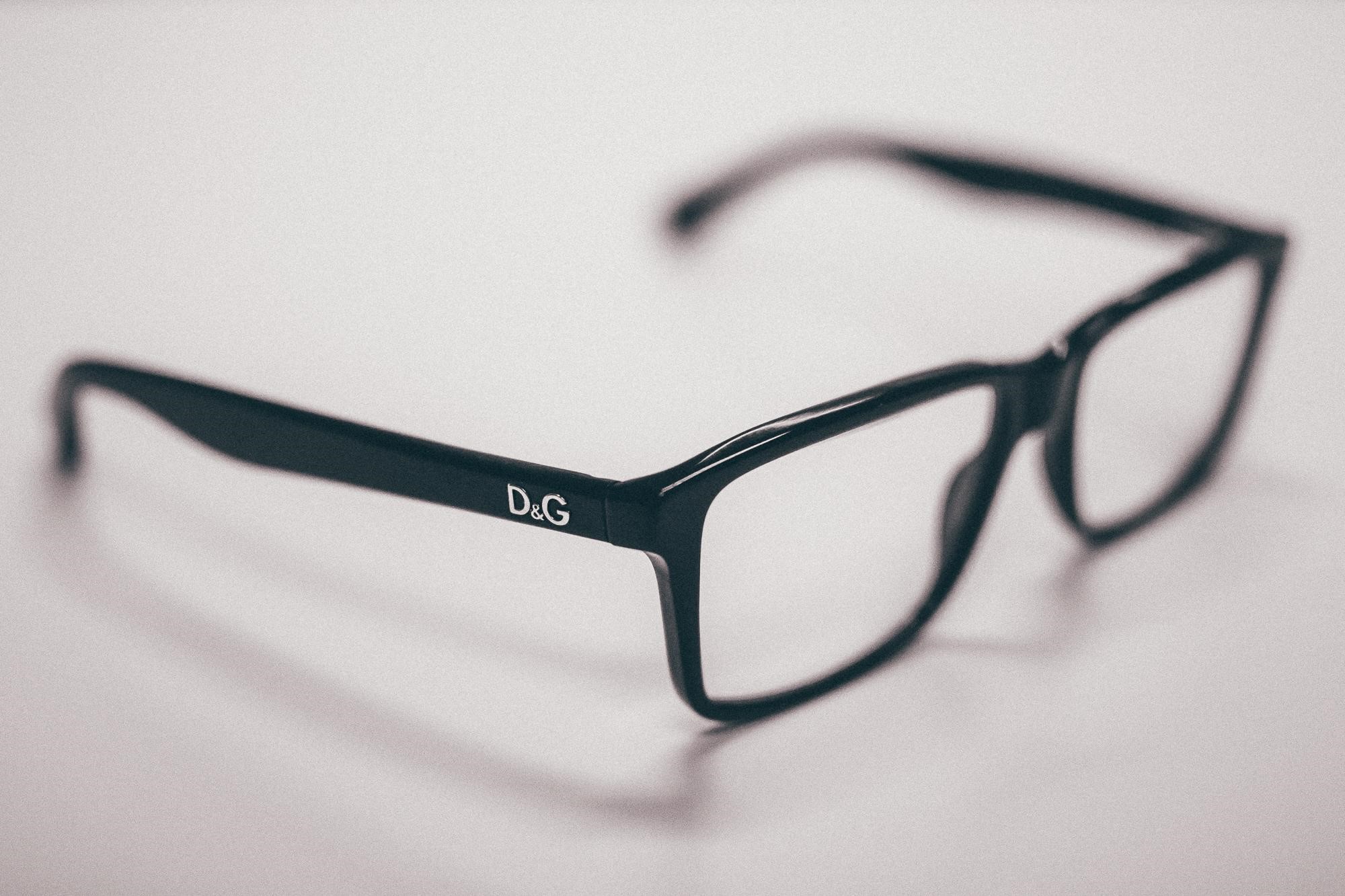
You can take every precaution, but when it comes to the outdoors, there are just some things that you can’t prepare for. For example, you might develop an allergy from the environment that you’re in that affects your eyes and makes it painful to wear your contact lenses. If you have your glasses with you, then you don’t have to suffer through such an event. While this post is about Contact Lens Safety Tips, it is always best to have a backup plan.
-
Moisturize your eyes often.
The elements of the outdoors can be harsh. If you’re camping or hiking, you’ll likely have a fire going on a regular basis. You use the fire to keep warm, to cook, and to boil water. This can dry out your eyes.
The only way to counter dry eyes when wearing contact lenses is to use moisturizing eye drops. These eye drops help relieve dry eyes, redness, and allergic reactions. Don’t just go for any eye drops, though. If you’re not already using them, ask your eye care professional to prescribe you preservative-free eye drops since they are the safest for your eyes.
-
Protect your eyes from the sun.
Just like your skin, your eyes need protection from the sun’s harmful UV radiation. When you’re outdoors, you spend more time exposed to sunlight, so you make sure that you protect your eyes.
You need to wear contact lenses that block UVA and UVB rays, but that isn’t enough. You also need to wear sturdy sunglasses that are built for the outdoors and designed for rigorous activities. For maximum protection, wear sunglasses that block 100% of UVA and UVB rays. The manufacturer will indicate this on the tag of the sunglasses.
Conclusion: Contact Lens Safety Tips
Spending time outdoors doesn’t have to be a problem even if you wear contact lenses. As long as you follow the advice mentioned in this post, you can be sure that your next trip will go without a hitch.

Faye Napigkit
Faye Napigkit is a Content Marketing Specialist at Lens.com. Reading and writing are her passions. When she’s not working, she’s either playing with her two dogs or practicing yoga online.
She lives in a tropical country and would love to spend every day in the mountains or at the beach.





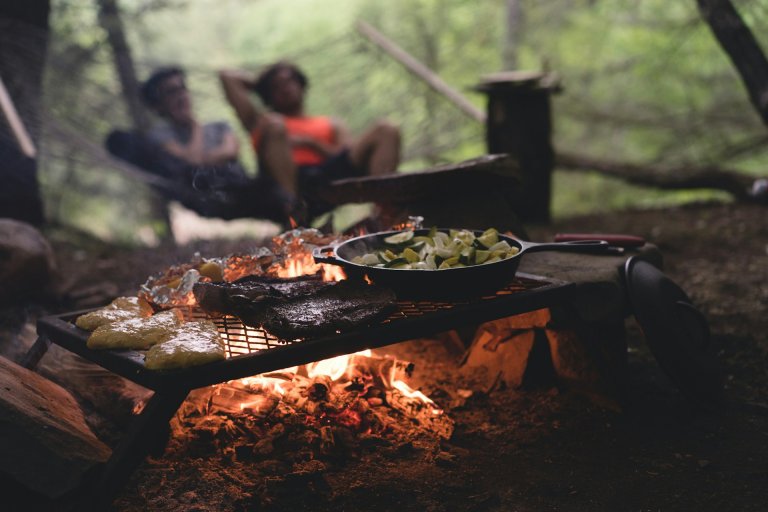
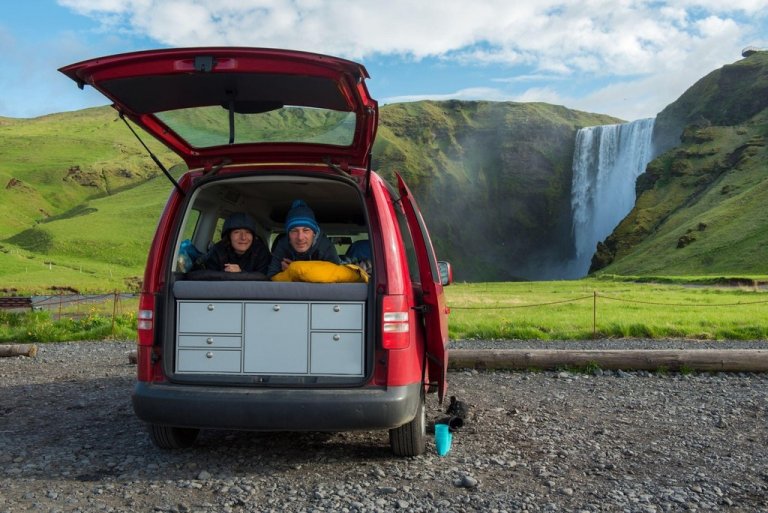



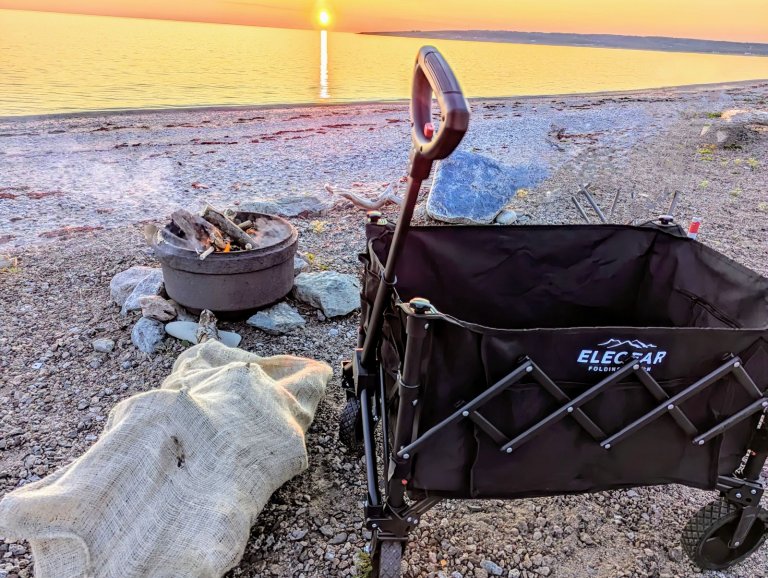
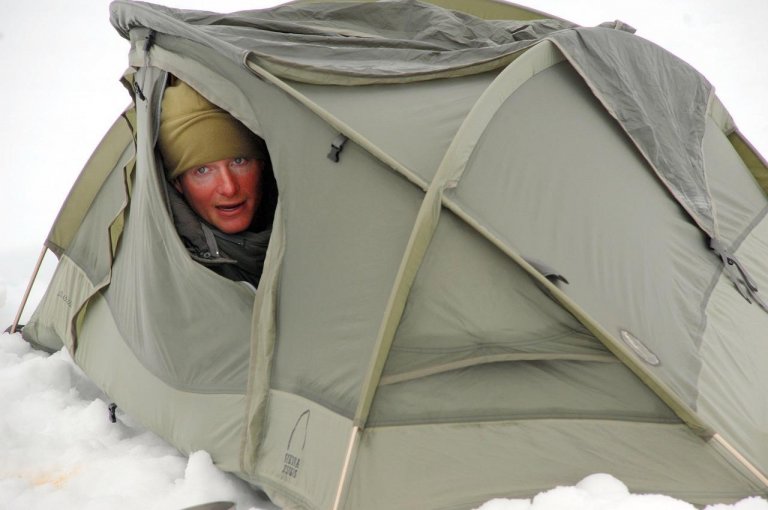

Leave a Reply